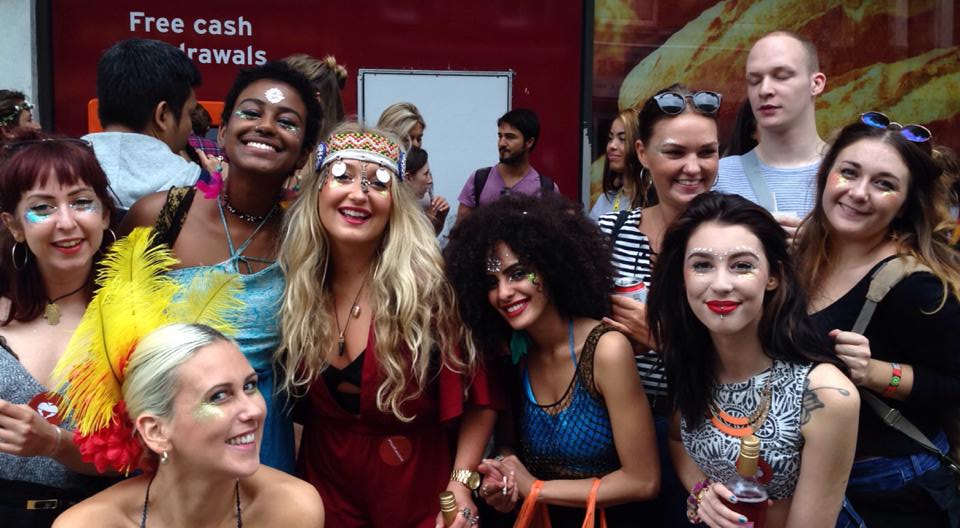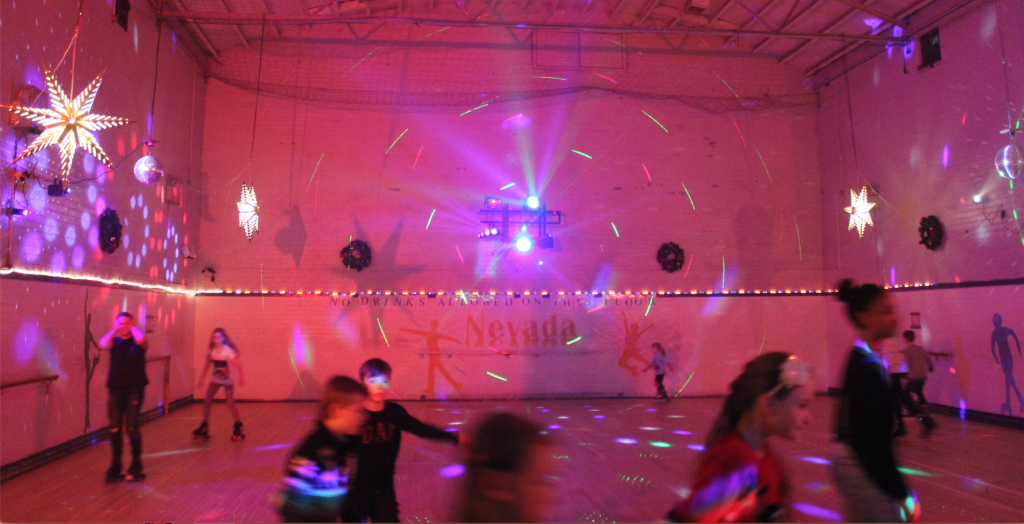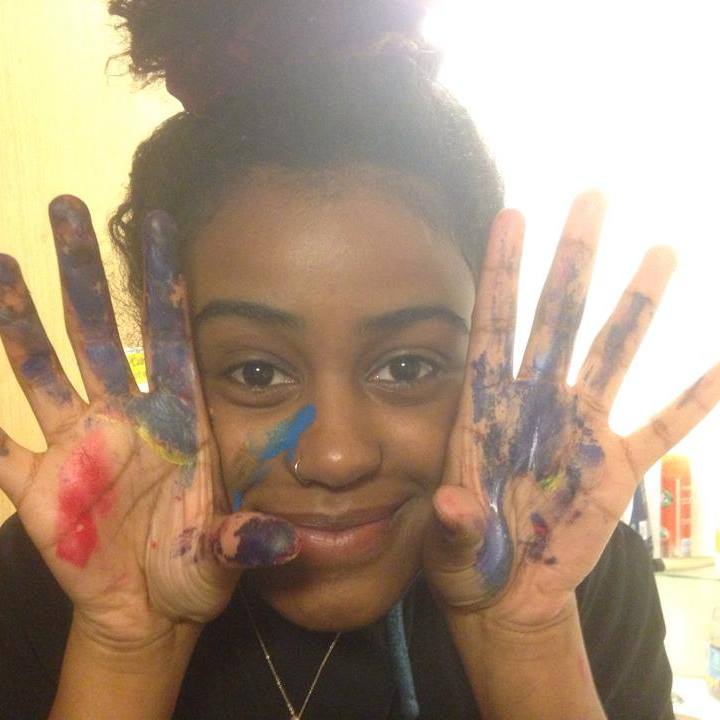THE 2016 Academy Awards drew howls of protest for the lack of diversity – for the second year in a row, no black actors were nominated for any category.
The hashtag #OscarsSoWhite took over social media, proving that racism is a current issue.
For one KU student the issues are specially close to home.
Soulafa Suleiman, 21, grew up as the only black child in her neighbourhood and her entire school.
The lack of models to identify with caused her to grow dissatisfied with her self-image, and she struggled to fit in with her white friends. She is now making a film based on her own experiences.
“As a teenager, I didn’t have any other black women around me to look up to other than my mother,” she says. “I didn’t have a role model that looked like me, and it caused me great confusion.
“I had a very unhealthy idea of self-image. Some days I would really hate myself. It’s something that profoundly affects you.”
Originally from Egypt, Soulafa grew up in Bolton near Manchester, where 86 per cent of the population are white.
“I was afraid of how people would judge me,” she says. “I used to straighten my hair every day before school to look like the other girls, which was very annoying as it takes a long time to straighten an afro.
“I would look around and see the skinny white girls in the media and commercials. When you are that young it can be hard to accept you’ve got afro hair if you’re the only person around with it.”

Soulafa says that white kids in her school developed a “claustrophobic” curiosity towards her, which she blames on misinformation and poor representation of black girls in the media.
“I felt like the entire weight of the black community was on my shoulders,” she says.
“When somebody would ask me questions about my ethnic background, out of pure curiosity, I felt like I was responsible for the effects that my answers would have on these people.”
“It was very claustrophobic sometimes. There’s a scene in the movie in which the protagonist goes to school with her new braids, and everybody crowds her and puts their hands on her braids to touch them and ask questions. That used to happen to me.”
Soulafa lived in the Netherlands before moving to Manchester at the age of 11.
The lack of role models to relate to during her teenage years caused her “unhealthy behaviour” that she later came to regret. Although being surrounded by a group of supportive and positive friends made things easier, she explains that it was still not enough for her to externalise the problem.
The turning point occurred when Soulafa moved to Kingston in 2013, to begin her BA filmmaking degree.
“I was not able to frame the problem and deal with it until I started my course,” she says.
“While at Kingston, I discovered afrofuturism, a combination of science fiction and afrocentricity, and immediately loved the way they portray black women. The imagery is amazing and very empowering.
“I think Kingston is a good place in terms of diversity. I have never really had any problems and I never feel out of place here.
“It’s something I stopped caring about on a personal level. This movie is about me, but it’s actually for the sake of all those people out there who are enduring the same stressful situation.”

Her autobiographical short movie Nevada tells the story of Sam, a 13-year-old girl who struggles to accept herself in a society that seems to ignore her existence. Sam hides in her favourite roller-skating rink, her secret place, when the pressure becomes unbearable.
“I want to show the precarious things that happen in everyday life, the feeling when you don’t have a strong figure to look up to and anyone else with the same skin colour around you to tell you it’s fine.”
Nevada is the rink where the main character, Sam, hides during bad days. Soulafa based the rink on a similar place minutes away from her teenage home in Manchester.
“The main character is played by my little sister. I thought it would be the best way to get it right. Since it’s so personal, I care a lot about having a bond with the actress, as it will make the whole process easier and more natural.
“It was a really easy decision, as she experienced the same things as I did.”
The movie will be released as a final-year group project in May. Along with the movie, the team is also producing an afrofuturistic comic that features in the movie.
“You will see the actual comic in the movie. Sam’s older sister gives it to her, it portrays a beautiful, superhero-like black woman.”
The superhero-like woman becomes a spiritual guide for Sam, who gradually learns to accept herself and fit in.
The movie aims to send a positive message to black people who feel out of place because of the unhealthy beauty standards forced upon us by commercials.
“I believe communication is the key,” Soulafa says, “Especially for young people, they should be encouraged to discuss these issues.
“We need to talk about it and include more black girls and other ethnic minorities in the discourse. It will stop them feeling out of place.”

